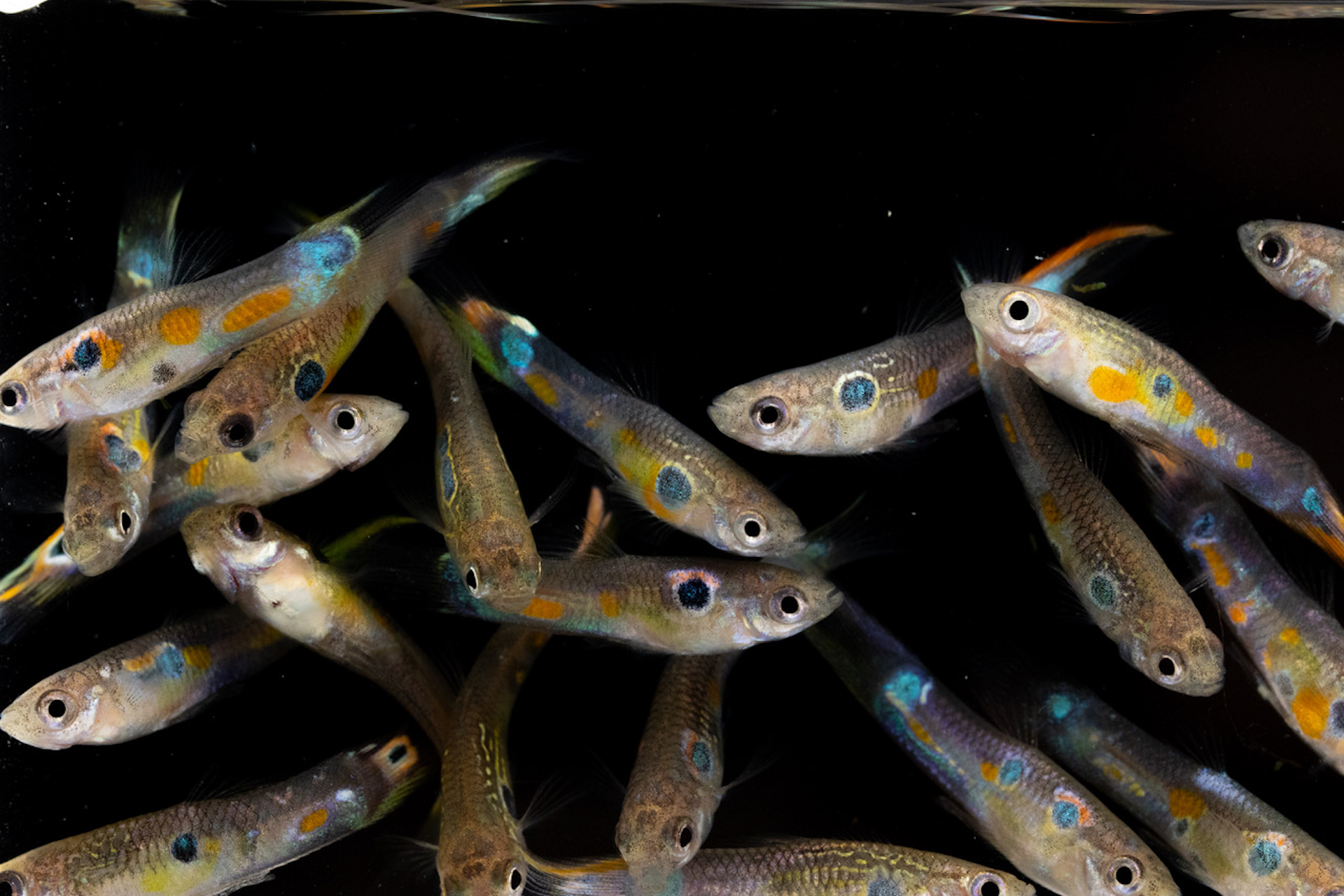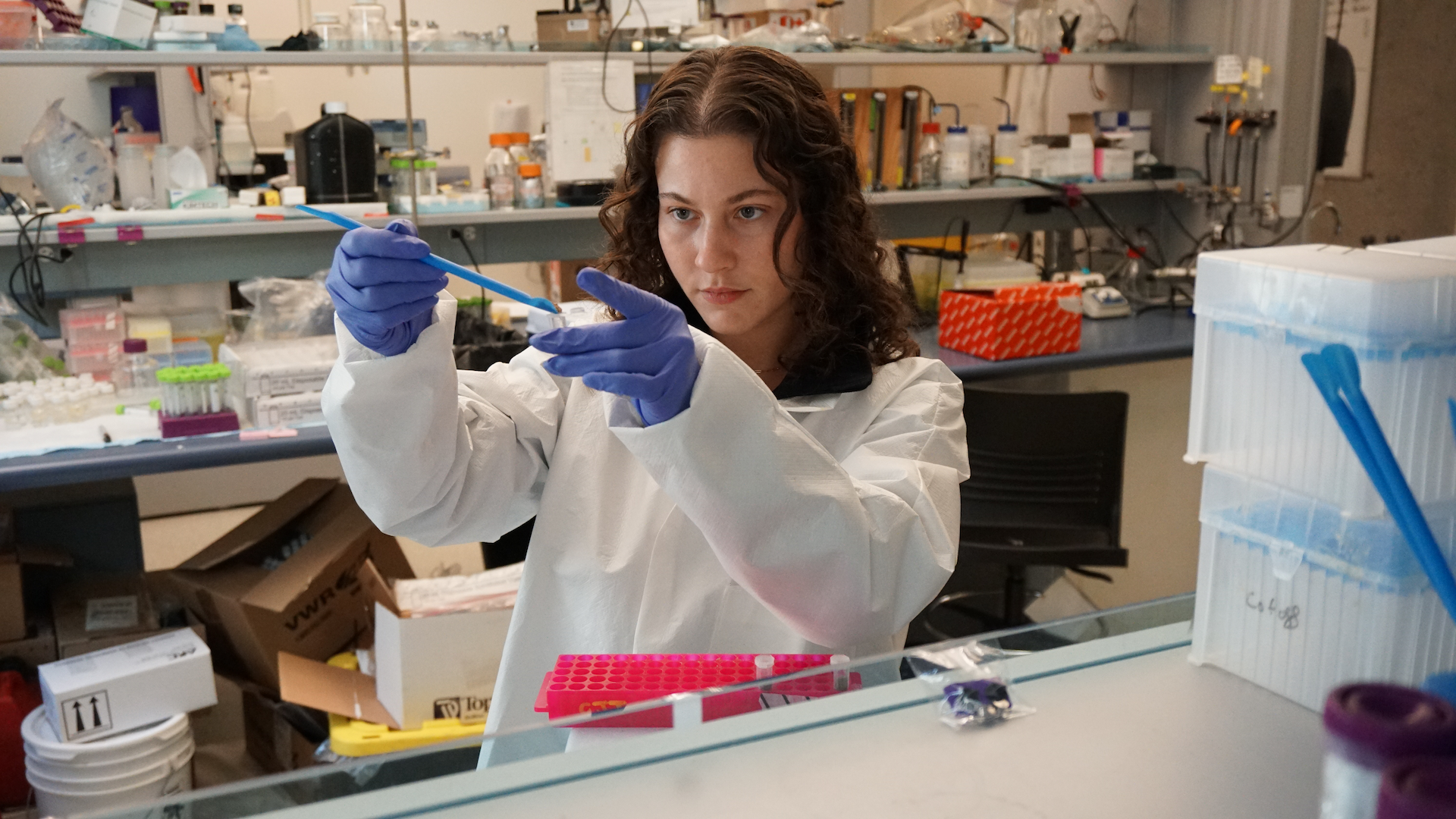-
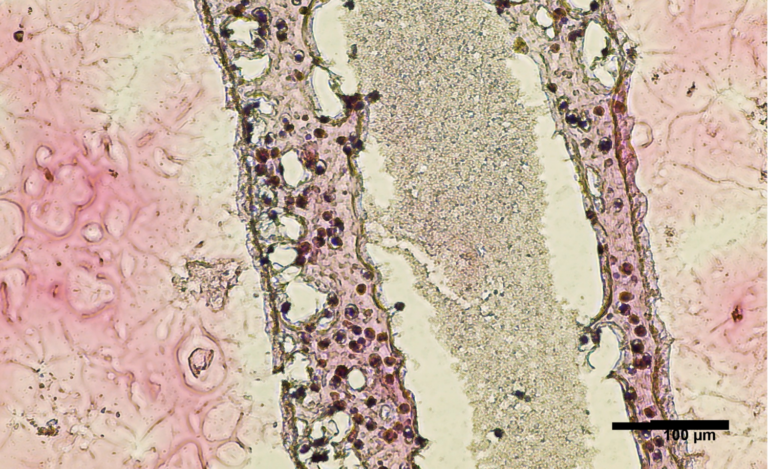
UBC scientists discover how to 3D print testicular cells
In a pair of world firsts, UBC scientists have 3D printed human testicular cells and identified promising early signs of sperm-producing capabilities.
-

Wordle’s benefits go beyond keeping you sharp
Many Wordle players say it helps keep their brains sharp. But did you know playing word games could also lead to success in business?
-
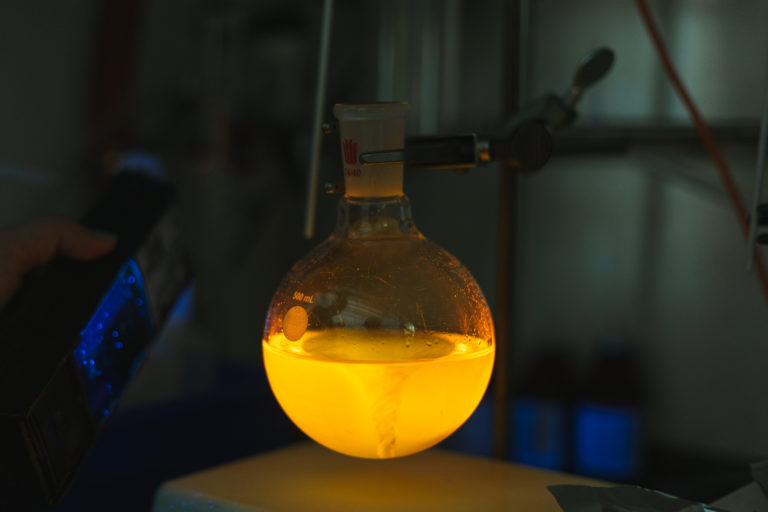
A quantum computer could design your next smartphone
Canadian researchers are using quantum computing simulations to accurately predict the colour of light emitted from molecules that produce the colours we see in the latest smartphones, tablets, and TV screens.
-

Choosing diet soda actually leads to reduced calorie counts overall
A recent study settles the debate on whether or not diet pop saves calories at fast-food outlets or whether it gives consumers the green light to buy that extra burger, dessert or large fries.
-
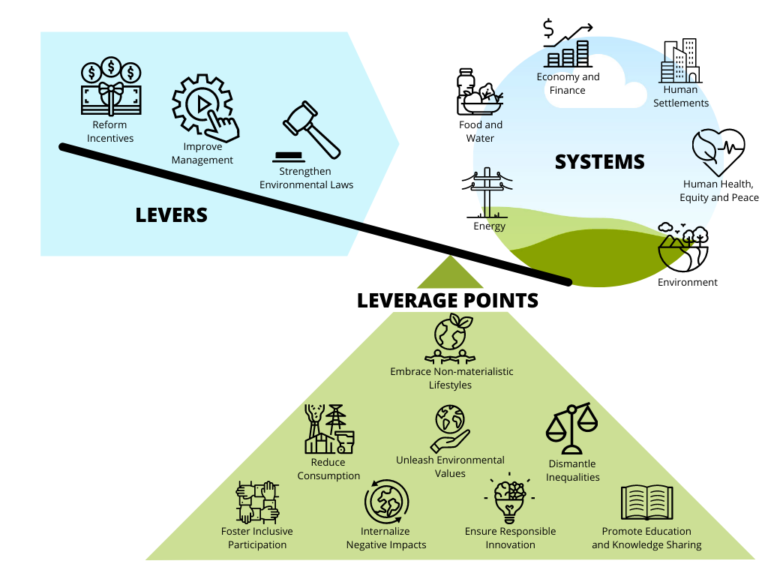
We need to change our systems to ensure a sustainable world
March 13th is Overshoot Day in the U.S. and Canada, marking the date each year when North Americans have already consumed our share of Earth’s renewable resources for the year.
-

Managing mental health as pandemic restrictions ease
UBC psychiatry professor Dr. Steven Taylor (he/him), author of The Psychology of Pandemics: Preparing for the Next Global Outbreak of Infectious Disease, offers advice on how people can manage the complex feelings that come with this next phase of the pandemic.
-

Paralympic Games left behind in the race towards gender equality, UBC expert says
In the marathon towards a more gender-balanced and representative games, the Paralympics lags far behind the Olympics, according to a recent UBC study.
-

All-knowing robots are not inevitable, and other lessons on AI use in policing
The Toronto Police Services Board (TPSB) recently approved a policy for use of AI technology in policing, which researchers believe is the first in Canada.
-

Thoughts of harming baby a normal but unpleasant part of postpartum experience
Many new mothers experience unwanted and intrusive thoughts about intentionally harming their babies, but those thoughts don't appear to increase the likelihood that they will actually harm their newborn, according to a new UBC study.
